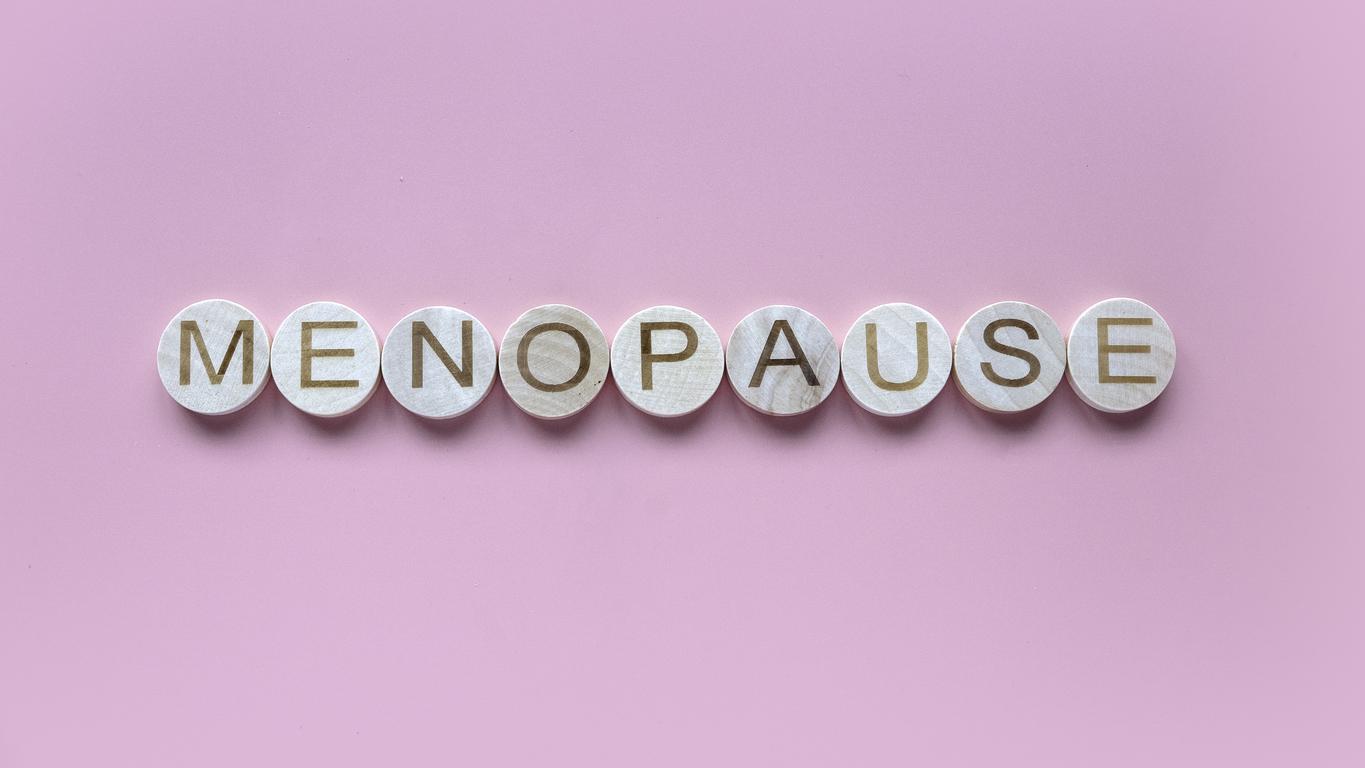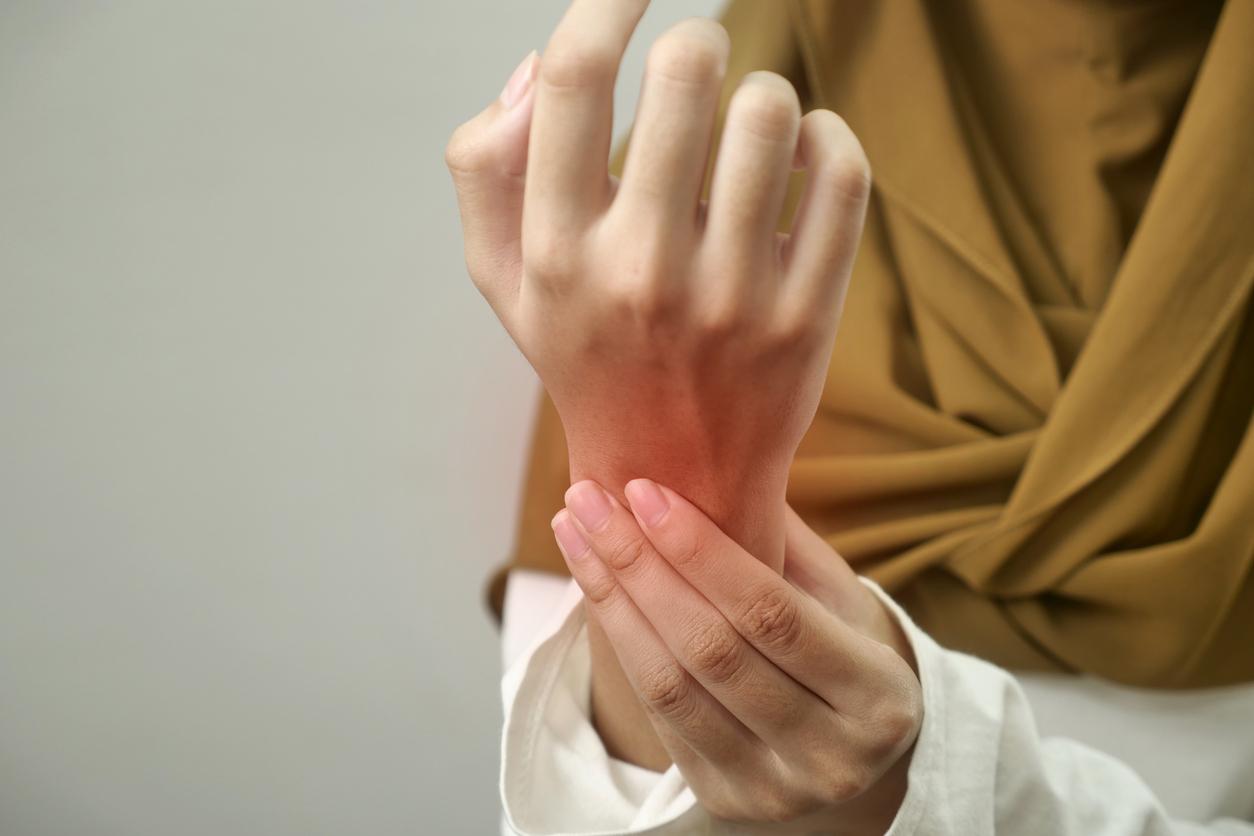For women, perimenopause and menopause are not easy times. Here are some tips to help you live these moments better.

- Menopause occurs at an average age of 51 years.
- Menopause is preceded and followed by perimenopause.
- Menopause is linked to the drop in reproductive hormone levels, it causes different symptoms that can be dealt with.
Menopause occurs at an average age of 51 years. This is the time when women no longer have their periods. The cessation is done gradually and its duration varies from one person to another. In general, a woman is considered to be menopausal one year after her last period.
The drop in female reproductive hormones
Some women experience changes several years before and after menopause, this is called perimenopause. Indeed, menopause causes a drop in the levels of female reproductive hormones. It affects not only the reproductive system, but also blood circulation, bone health, immune system and nervous system, leading to hot flashes, night sweats, mood changes, fatigue, vaginal dryness and sleep disorders.
It is difficult to state the duration of perimenopause but scientific studies estimate it between four and eight years. According to work entitled Penn Ovarian Aging Study including 259 participants, 79% of them had hot flashes before the age of 50, most often between the ages of 45 and 49.
A another study explains that women can experience moderate to severe hot flashes more than ten years after their periods stop, and even up to age 70 depending on this research from 2017.
Perimenopause and menopause: symptoms can be long and bothersome
Symptoms of perimenopause and menopause can be long, bothersome, and even painful for some women. A few tips can help them cope better.
First of all, you have to talk with the women in your family circle: your mother, your grandmother, your aunt(s), your sisters. These different experiences can help us anticipate and experience this period, this is particularly true because of the similarities in menopause between members of the same family.
Then, it is important to listen to your body and not minimize the changes it undergoes, regardless of its age and the time it takes for them to appear. As soon as you notice something, write it down so you can discuss it with your GP or gynecologist. Menopause tracking apps can also help women not ignore certain symptoms and keep track of everything.
Likewise, it is always recommended to track your menstrual cycle, i.e. the start and duration of periods, flow and changes. There are also apps for this.
Finally, if you have any concerns, a healthcare professional can advise you on how to relieve symptoms or refer you to the appropriate specialist.

















